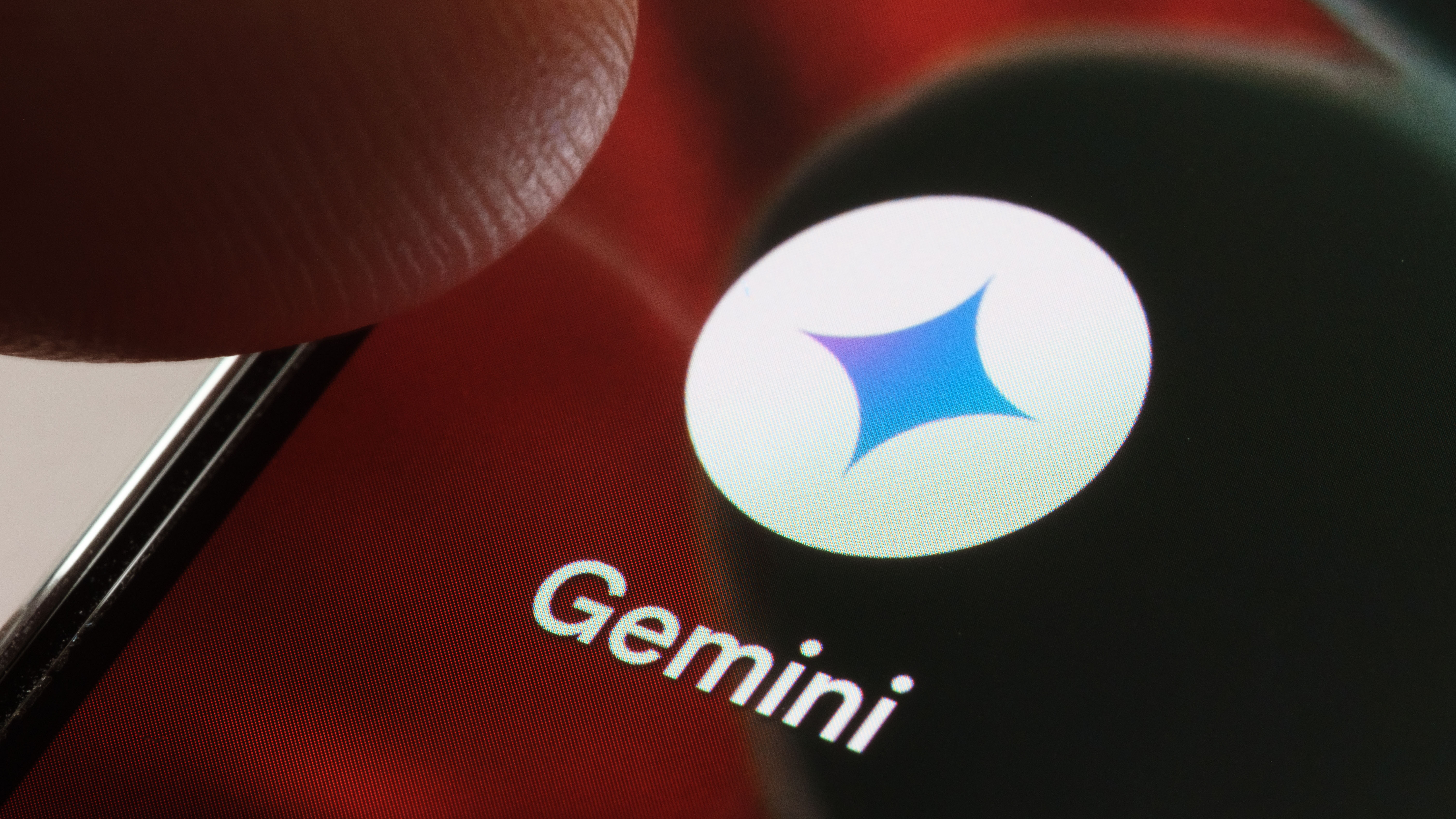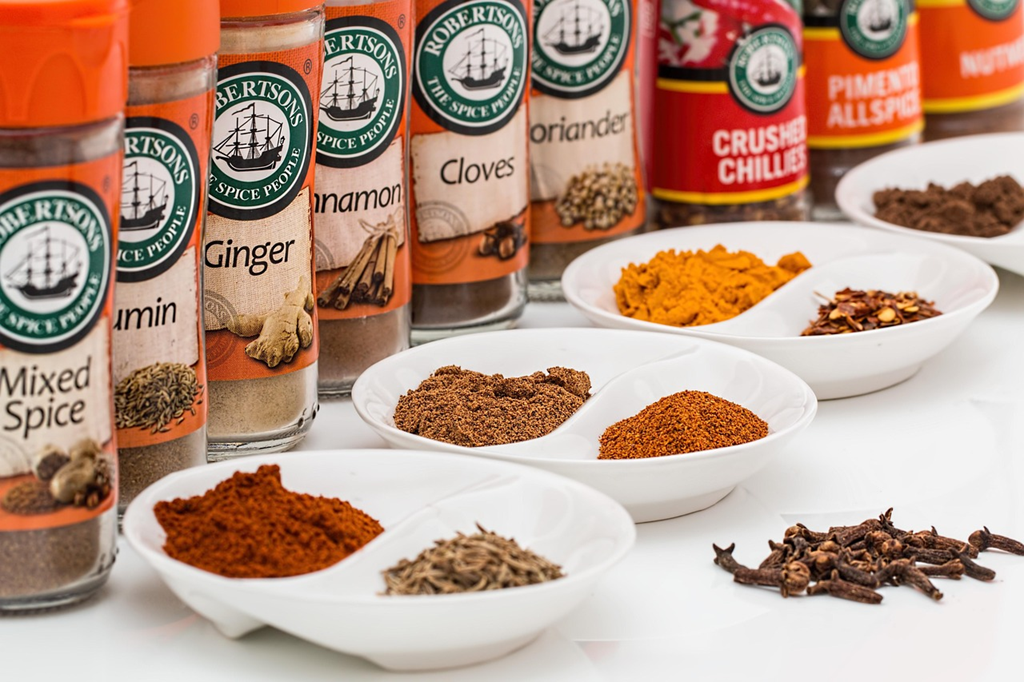I tried using the Deep Research feature with Google's Gemini 2.5 Pro model, and now I wonder if an AI can overthink
Thinking about thinking about thinking

I've played around with a few AI tools capable of composing complex and lengthy reports, including Google Gemini's Deep Research tool, independently and in comparison to ChatGPT's Deep Research. But now Google has upped the potential of Deep Research by embedding it in its new Gemini 2.5 Pro model.
Gemini 2.5 Pro is Google’s latest and most powerful model. Though still in the experimental stage, Google claims it is far better at nuanced reasoning and extended logic, even before factoring in what Deep Research can do.
You'll need to be a Gemini Advanced subscriber to access the combination. Otherwise, you can only use Deep Research with Gemini 2.0.
After some thought myself, I came up with a few subjects that I was curious to see Deep Research tackle using Gemini 2.5 Pro.
Cider time

First I decided to inquire about something I've tried a couple of times and have always wanted to pursue further, making hard cider.
I asked Gemini about more than just the mechanics to see how the Deep Research report would do with multiple facets of a single topic. I prompted Gemini to "Investigate the complete process and history of homebrewing hard cider, including guidance on doing so myself."
What I got back after about 12 minutes felt like a combination of historical romance interspersed with pomology lectures. Imagine Moby Dick if Ahab were pursuing the whale out of love, and the chapters about hunting and butchering whales were about lovingly raising and caring for them.
Get daily insight, inspiration and deals in your inbox
Sign up for breaking news, reviews, opinion, top tech deals, and more.
It started with a global history lesson that touched on the Romans, colonial America, and even how cider trends have changed post-Prohibition. Cultural anthropology met cider science in discussions of fermentation methods, sugar levels, and yeast strains. I got long lists of equipment I might need and terrifying warnings about sanitization, over-carbonation, and the many times to worry about explosions.
The thing is, the report could have been cut in half and still been overly in-depth. However, it continued down to the microscopic level of apple cell structure and how pectin impacts mouthfeel. It was a little much like that fifth glass of cider and left me slightly dizzy.
Music lessons

Thinking of projects I'm planning to take up, I next went with a specific but long-term parenting question about music. I have a very young child, so I asked Gemini to use Deep Research and "Develop a plan to teach music to very young children, including methods and fun lessons."
In musical terms, I was hoping for a Gilbert and Sullivan show, which was lengthy but packed with engaging songs. What I received was more of the complete Wagner Ring Cycle.
The report began by discussing infants' reactions to sound, even in the womb, and segued to the cognitive development theories of Piaget and Vygotsky. It provided a lot of good information on how to tell what a child is ready for and how to get them into activities like singing, clapping games, and musical storytelling, plus extra information on how each supports different neurological growth stages.
I appreciated the thoroughness, as that's what Deep Research is for, of course. But deep doesn't necessarily mean broad, and I had a feeling the AI model was compelled to augment the deep dive into what I had asked about with extras that meandered away from my request.
Flavor AI

For my final experiment, I threw in a query about something that sounds simple but that I have learned can be incredibly complex: flavor pairing.
I'm always interested in improving food flavors, so I asked Gemini to write a Deep Research report that would "Explain flavor pairing and expand on the science and culture of it and how to do it at home successfully."
Gemini spent notably less time on this prompt than the others, only about seven minutes. But you wouldn't have been able to tell from the doorstopper it dropped on me like a competitor on a cooking show with something to prove.
The report spent a couple of thousand words on the science of flavor pairing, teaching me all about aromatic compounds, volatile molecules, and how the brain interprets flavor intersections. It started to get esoteric about esters and left me addled about aldehydes. Still, explaining how bitterness can be enhanced or subdued depending on what it’s paired with gave me some real inspiration.
My favorite part was the global tour of cultural pairings. The AI managed to cover Japanese umami balances, Moroccan spice harmonies, and French butter-based everything in exacting detail. In case I didn't have enough new culinary experiments to try, the last third of the monster-sized report suggested home experiments.
But, as with the other reports, it lacked an editor. The explanation for why honey and goat cheese are a match was great, but the digression into goat diets and how they affect cheese was less relevant. I wanted an amuse-bouche of culinary chemistry, but it felt like the whole menu.
In too deep
What struck me most about the whole experience was that Gemini 2.5 Pro plus Deep Research went well beyond Deep Research with the more modest Gemini model.
If Deep Research is a tool for digging into a subject, Gemini 2.5 Pro overclocked a jackhammer and sent it leaping around instead of just drilling where it was pointed.
Sometimes, that’s exactly what you want. There are times when that kind of detailed, exhaustively researched information on every possible tangent is great. But if I’m just casually curious or noodling around with hobbies, the regular version of Deep Research is more likely to serve my needs.
Perhaps I'm overthinking the matter, and the combination of the model with Deep Research is exactly what people want. But, I suspect it's Gemini that's really doing the overthinking.
You might also like
- I pitted ChatGPT Deep Research against Gemini Deep Research - here's how Google's free tool compares to OpenAI's paid offering
- Gemini Deep Research is now free - here are 4 ways to get the most out of Google’s awesome AI tool
- I pitted Gemini 2.5 Pro against ChatGPT o3-mini to find out which AI reasoning model is best

Eric Hal Schwartz is a freelance writer for TechRadar with more than 15 years of experience covering the intersection of the world and technology. For the last five years, he served as head writer for Voicebot.ai and was on the leading edge of reporting on generative AI and large language models. He's since become an expert on the products of generative AI models, such as OpenAI’s ChatGPT, Anthropic’s Claude, Google Gemini, and every other synthetic media tool. His experience runs the gamut of media, including print, digital, broadcast, and live events. Now, he's continuing to tell the stories people want and need to hear about the rapidly evolving AI space and its impact on their lives. Eric is based in New York City.
You must confirm your public display name before commenting
Please logout and then login again, you will then be prompted to enter your display name.